The apparent ‘suicide’ of a sewage cleaner leads to the arrest of Dalit activist/folk singer. The 65-year old is held on grounds of abetting the suicide through his lyrics. The film follows the personal lives of the Judge, the Public Prosecutor & the activist’s lawyer as the case meanders its away across months courtesy of numerous excuses &delays.
|
Language:
|
Marathi
|
|
Running Time:
|
116 min
|
|
Rating:
|
U/A
|
|
Release date:
|
17 April 2015
|
|
Directed by:
|
Chaitanya Tamhane
|
|
Produced by:
|
Vivek Gomber
|
|
Written by:
|
Chaitanya Tamhane
|
|
Starring:
|
Vira Sathidar
Vivek Gomber
Geetanjali Kulkarni
Pradeep Joshi
Usha Bane
Shirish Pawar
|
|
Music by:
|
Sambhaji Bhagat
|
|
Shot by:
|
Mrinal Desai
|
|
Editing by:
|
Rikhav Desai
|
|
Distributed by:
|
Long Live Cinema
|
What’s Hot
What’s Not
Badges
Verdict



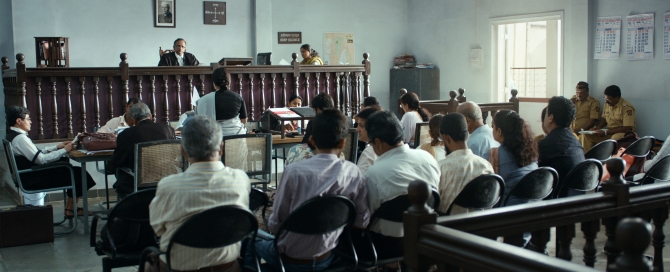
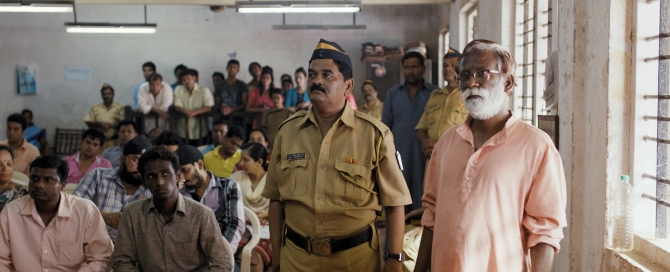




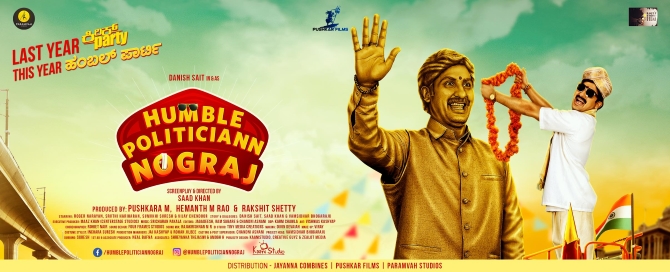
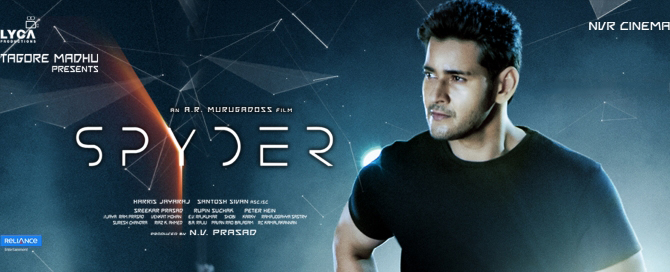
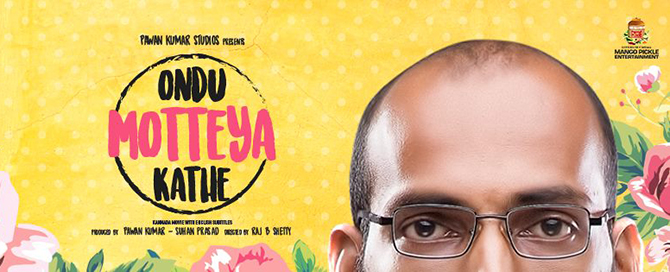
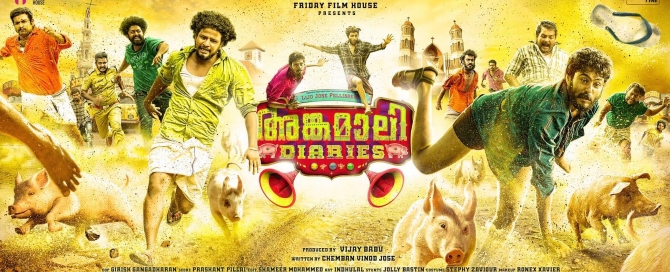

Great film. Another gem from Marathi Cinema. Would love you all to review more
Marathi films.Marathi films are not star driven, they are subject
driven.
Marathi films are rich in content and quality. Films are subject oriented and have well written scripts. made with a purpose, subjects based in Marathi ethos that have universal appeal. Characters are realistic and the story touches your heart.
Only the Marathi film industry seems to have understood
that subtitles are the way to go. Every new release beaming has words in
English below the visuals even in the most rundown multiplexes. Good Marathi films should have a pan Indian release with English subtitles.
Some other review recommendations on recent Marathi films – Fandry , Astu , Killa ,
Elizabeth Ekadashi, Shala, Yellow, Valu, Ek Hazaarachi Note.